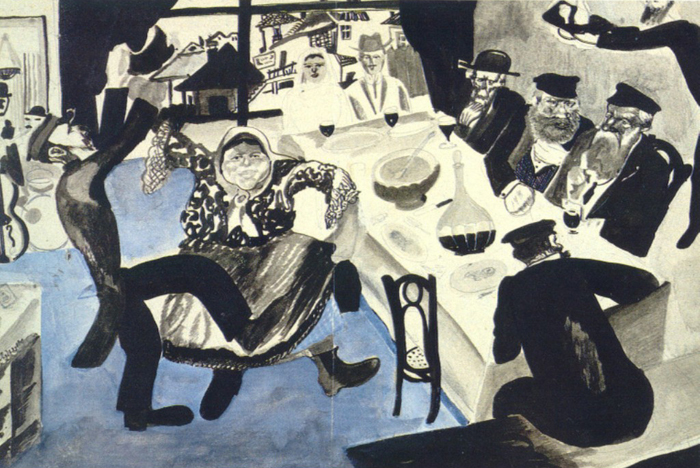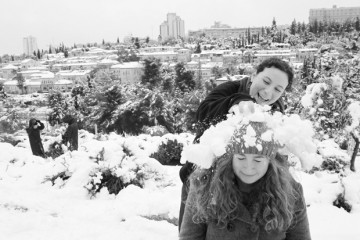Simcha, celebrating joy

Leshon Ima – Mother Tongue with Dr. Rachel Zohar Dulin, Special To The Dayton Jewish Observer
Many are the words and phrases in the Hebrew language that express joy and celebratory events. Indeed, the language is rooted in a culture that is rich in celebrations, immersed in festivities and exultations of life.
The most recognized word for happiness in Hebrew is simcha. It’s considered a gift to mankind (Ecc. 2:26), and the Torah advocates, “vehayita ach sameach, you should have nothing but joy (Deut. 16:15).” Let us briefly explore the meaning of this word.
The noun simcha is mentioned in the Bible 94 times and is derived from verb samach, which appears 154 times in the text. It is rooted in the Akkadian word shamahu meaning sprout or flourish.
Interestingly, in Hebrew, the verb received two opposite meanings. Most of the times simcha means rejoicing, happiness, gaiety, contentment, joyful occasion and festivity. But occasionally the word is used negatively, expressing mockery, ridicule and malice.
Indeed, on the dark side, simcha exposes those who wish ill on others and rejoice in their misfortune. The prophet Micah (7:8), the Psalmist (38:17), and the wisdom writer (Prov. 14:13), all recognized that the word simcha may evoke a sneering emotion.

The Modern Hebrew idiom simcha laaid, malicious joy, is based on the old teaching, “Sameach laaid, lo yinakeh, He who rejoices in another’s misfortune will not go unpunished (Prov 17:5).”
On the bright side, simcha is a word laden with exhilaration and festive activities. Simcha expresses not only the joy of an event, but it is also the noun which means a happy event.
A holiday is a simcha, a family gathering is a simcha, a wedding is a simcha, the birth of a child is a simcha and a Bar or Bat Mitvah is a simcha.
The host of an event is a baal simcha and the sound of joy resonating from the event is kol simcha.
Simchat yetzirah, a joy of creativity, is a way to describe the exhilaration one feels while being engaged in a creative process.
We should mention two rabbinic teachings related to simcha. The first advocates “Ain mearvin simcha besimcha, One joy should not be mixed with another,” as for example, a wedding should not be celebrated on a holiday (Moed Katan 8).
But figuratively the phrase teaches that different and unrelated matters should not be mixed in discussion or action. Each issue or event should be dealt with separately and on its own merit.
The second rabbinic teaching concerning simcha points to the inner self as the source of contentment and joy. “Aizehu ashir? Hasameach bechelko, Who is rich? He that rejoices in his own portion (Avot 4:1).”
We conclude with the old idiom, which exclaims, “Ain simcha ela beyayin,” There is no joy without wine. Therefore, let us raise a cup and say l’chayim (to life) together with those who are celebrating a special simcha.
Dr. Rachel Zohar Dulin is a professor of biblical literature at Spertus College in Chicago and an adjunct professor of Bible and Hebrew at New College of Florida.
To read the complete August 2015 Dayton Jewish Observer, click here.





